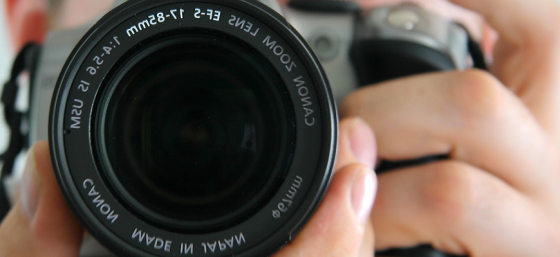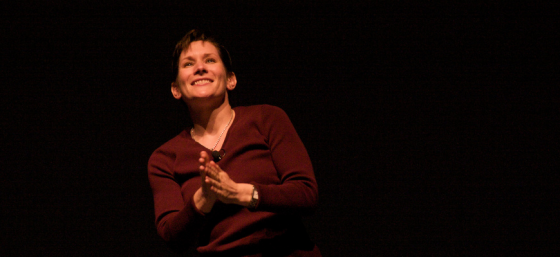
If you’re a small business owner you probably created an LLC. You may have even registered your trade name with the Secretary of State. A lot of small businesses don’t see the value in registering their trademark with the United States Patent and Trademark Office (USPTO). If you register your mark with the USPTO, you can prevent anyone in the country from using your mark in their business in a confusingly similar way.
If you’re a local business, you may question the value in being able to claim your trademark in all 50 states. The question you should ask is, “What do I risk if I don’t?” Let me tell you a story.

The first Burger King restaurant was little place in Mattoon, Illinois. It looks like a mom and pop restaurant. They didn’t register their trademark with the USPTO. After this Burger King opened, the Burger King franchise as we know it was created, and they registered the Burger King trademark with the USPTO. The original Burger King was allowed to continue doing business, but it’s limited to its existing market, which is a 20-mile radius around the restaurant. Burger King franchises can be everywhere else in the United States and the original Burger King can’t expand beyond the 20-mile boundary.
If you have a small business and you have plans to expand, you want to be the first to register your trademark, because if you don’t, you might find yourself being boxed into a limited area if your competition registers the mark. Even if you don’t have plans to expand much, you want the ability to take advantage of a golden growth opportunity if it comes along. If your competition registers their mark first, you might find yourself in a situation where you have to change your name and rebrand yourself to be able to expand your business.
New businesses put hundreds, and sometimes thousands of dollars in branding themselves. Ideally, you should decide what you want your trademark to be, check the USPTO to make sure no one is using your desired trademark, and consult a trademark attorney about registering the mark for your business. You may not be growing by leaps and bounds today, but you don’t want to find yourself in a situation where that’s not possible for you or only an option if you spend hundreds of hours and thousands of dollars rebranding yourself.



